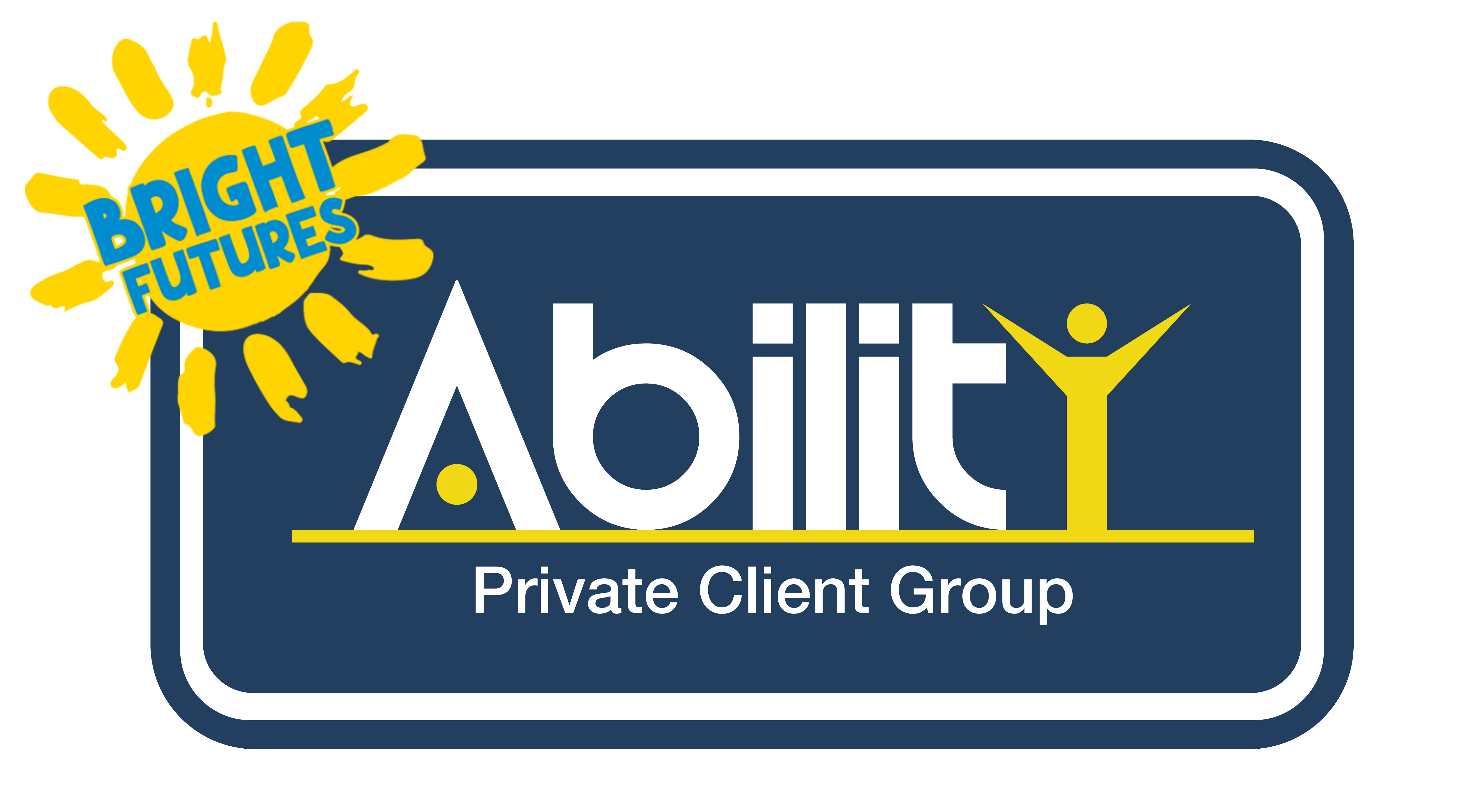Will & Estate Planning
Live with confidence and peace of mind
Like any parent or caregiver, you want to ensure the best possible future for your disabled loved one—which means doing more than simply drafting a will and putting money in the bank or an Absolute Discretionary Trust. Providing the best possible quality of life requires a detailed plan that goes far beyond addressing their basic needs.
The Bright Future Life Plan is used to provide your family member’s caregivers and trustees with a wealth of information after you are gone; information that may otherwise go to the grave with you. It is also designed to allow you to clearly describe the type of care and lifestyle that you wish to continue for your dependent with a disability.
Our simple, straight forward Life Plan process requires parents to answer a series of approximately detailed 100 questions. The goal is to document a great deal of information about your child that can then be passed on to their caregivers or trustees. Your completed Life Plan should be reviewed on a regular basis to be sure that it contains up-to-date information and reflects your long-term care wishes. Remember that wherever possible, the Life Plan should be developed with the input of your disabled loved one.
Our team is here to help with your will and estate planning needs
A will is a legally enforceable set of instructions that directs trustees or beneficiaries on the distribution of your assets after death. It must be created in a specific manner to be considered a legal document. When we have a family member with a disability, the will often creates an Absolute Discretionary Trust (Henson Trust), which is designed to provide a pool of resources for the person with a disability without disqualifying him or her from receiving ODSP benefits. One of the key people in the will is the Estate Trustee (formerly called the executor). The Estate Trustee is often your spouse or another person (or institution) that you trust if your spouse has pre-deceased you. Often, alternate Estate Trustees are named to be act if your first choice has died or is unable to act on your behalf. Your Estate Trustee should be someone who has sound judgement, good business sense and can act impartially if there is a dispute between the beneficiaries of your will. In general, the Estate Trustee will be responsible for all aspects of the administration of your estate. This includes gathering and distributing your assets in accordance with the instructions contained in your will
Estate planning other assets
A strong financial plan will look at how your other personal assets, including RSP, TFSAs pension and fixed assets, can be transferred through your estate to the person with a disability, as well as other family members. By knowing all of the rules, we can build a plan that will help minimize estate taxes and look to maintain whatever government support your family is receiving. We’ll take the time to look at your entire financial picture in our Bright Futures Ability Network.
Supporting trustees every step of the way
Parents of people with disabilities have an overwhelming concern about what will happen to their sons and daughters after the parent have died. They want to ensure that their disabled child will have the best possible quality of life, but the question has always been how to accomplish this without terminating their loved ones’ entitlement to government support programs.
The Bright Future Trustee Support Program is a free service designed to support trustees in their quest to enhance the quality of life of a person with a disability through the Henson Trust. We assist in providing the knowledge necessary for the trustee to administer and manage the trust in a manner that ensures that the purchase of quality of life enhancements will not have a negative impact on ODSP benefits. This means that the money left behind to provide for the care of the disabled person is not eroded by administrative fees charged by consultants offering fee-for-service assistance. With the proper support team in place, the task of managing the trust can be simplified, freeing up your time for the most important job: providing the best possible quality of life to the person for whom the trust was established.
Trusts
A trust is an arrangement whereby the assets of one person (the “Settlor”) are transferred to another person or institution (the “Trustee”) to be managed for the benefit of another person(s). A trust is not actually a separate legal entity, but for the purposes of Canada Revenue Agency, it is a taxpayer and must file an annual income tax return. A trust that comes into effect during the lifetime of the settlor is called an Inter-Vivos trust. An Inter-Vivos trust has the advantage of operating while the settlor is alive, but its major drawback in planning for a person with a disability is that income earned in this trust is taxed at the highest marginal tax rate. As such, the Inter-Vivos trust is not as commonly used in planning for people with disabilities. A trust that comes into effect after the death of the settlor is called a Testamentary Trust. It receives more favourable tax treatment if it is established for a person who qualifies for the Disability Tax Credit. If the beneficiary does not qualify for the DTC, then the income earned in the trust is also taxed at the highest marginal rate.
When planning for the well-being of our sons and daughters with disabilities, we are usually attempting to protect their entitlement to government support programs. Two distinct types of trusts are used for that purpose. They are what we call the Inheritance Trust and the Absolute Discretionary (Henson) Trust. Learn more
